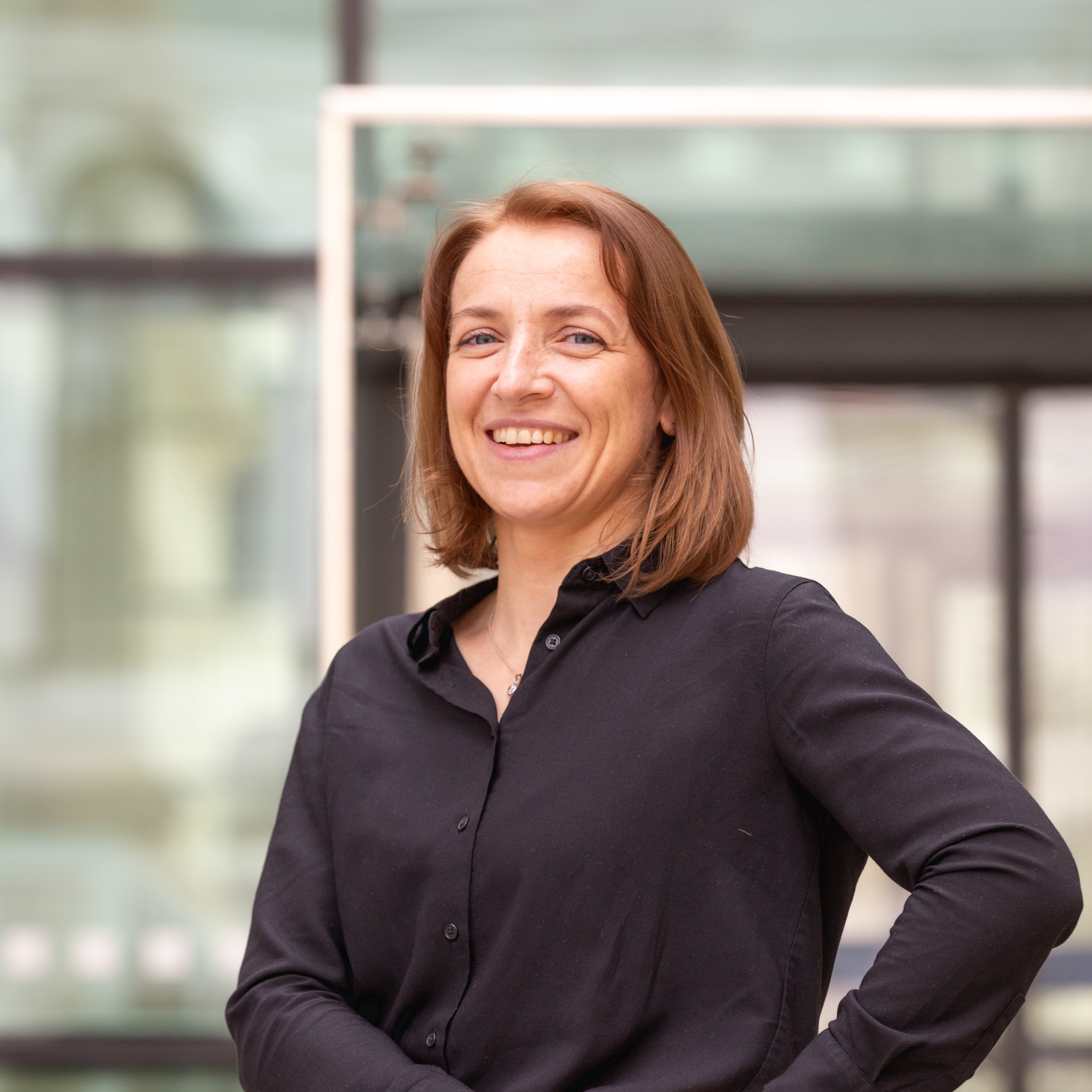Project "KiddiW": How much media use is healthy for young children?
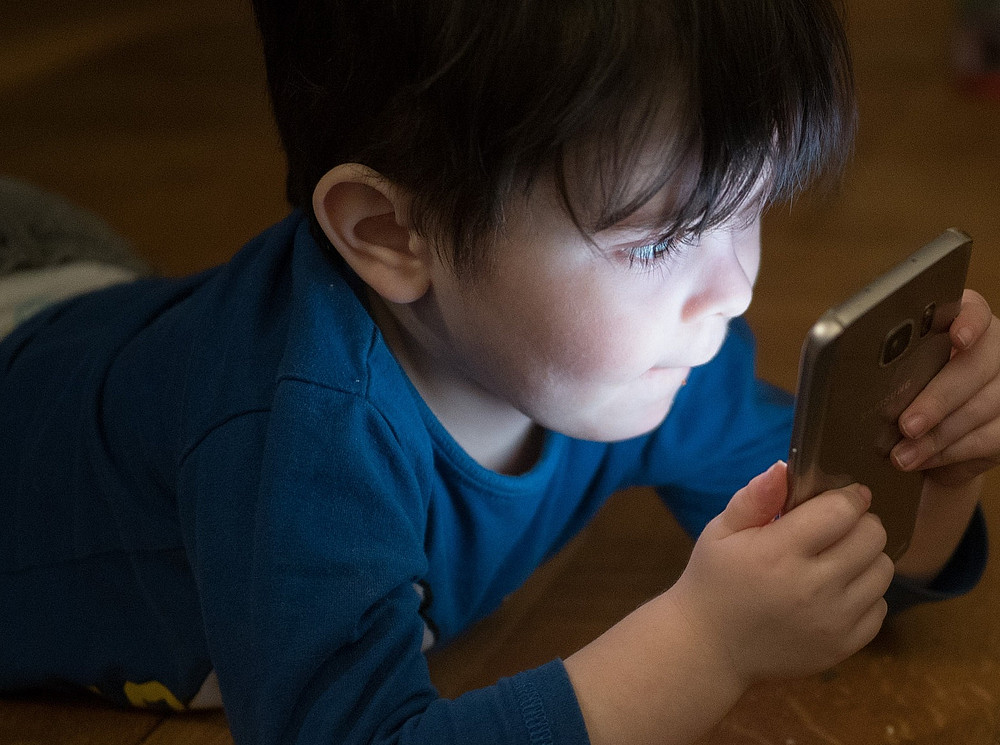
What effects does the use of digital media have on young children? There is a considerable need for research on this question. The study "Young children in the digital world" at the University of Graz and the Medical University of Graz therefore investigated the influence of digital media on young children and pursued pioneering new approaches.
Internet-enabled smartphones and tablets have long been an integral part of adults' everyday lives and are therefore also part of children's lives. But how does this use affect children's development and health - especially in toddlers between the ages of one and a half and four? The project "KiddiW - Toddlers in the digital world", which was carried out by the University of Graz and the Medical University of Graz between 2018 and 2021, addressed this question. Catherine Walter-Laager from the University of Graz, Lars Eichen from the Department of Elementary Education, Manuela Paechter and Sigrid Hackl-Wimmer from the Department of Educational Psychology and Helmut Lackner from the Institute of Physiology at the Medical University were involved. The study was financed by the Styrian Future Fund.
Earlier findings from research into children's television consumption have already shown that moving images or age-inappropriate content can cognitively overtax young children, but also older children. This can have a negative impact on motor and language development or sleep. "In contrast to traditional television, new media offer even more interactive functions where users can actively intervene in the information presented by swiping or pressing. This also makes it more challenging to process the information cognitively," says Sigrid Hackl-Wimmer from the Department of Educational Psychology, who was involved in the project.
New approach
Sufficient sleep duration and sleep quality are important for children's development. Previous questionnaire studies point to the negative consequences of media use for sleep. However, this method cannot accurately measure sleep quality. For this reason, the research team in the project focused on investigating the connection between media use by young children and their sleep recovery. In a series of studies, the team measured heart rate variability in 55 Styrian children aged between two and four years. They also recorded how much time these children spent using touchscreen media. "This showed that the more frequently children use touchscreen media such as cell phones or tablets, the poorer their recovery parameters. This means that they recover less well during sleep than children who have less contact with touchscreen media," says Sigrid Hackl-Wimmer. In this study, many children used media for less than one hour per day, which is a low usage time compared to studies from the USA. "The higher the media usage, the worse the recovery," summarizes the researcher. This shows how important it is to use digital media with young children with caution and also how great the need is to research the effect of these media on children.
The project's approach is new: The project was the first to use psychophysiological data collection using ECG in combination with data collection via questionnaires, which is why this study marks a significant milestone. Children in particular can still provide little information at this age. The variety of methods used thus sets new standards in this field of research.
Other findings also emerged from the project: for example, educators do not feel adequately prepared to fulfill the educational mandate of Austrian daycare centers in terms of media education - on the one hand because the equipment is inadequate, on the other hand because there is a lack of further training. It also emerged that parents' views on media use vary depending on the age of their children. For younger children, parents tend to see digital media as entertainment. From kindergarten age onwards, however, parents expect them to have an additional learning and educational effect.
In any case, there is still a lot to be researched in this context. "A continuation of the project is being considered. It would be nice to carry out a land time study with three to six-year-old children," says Sigrid Hackl-Wimmer.
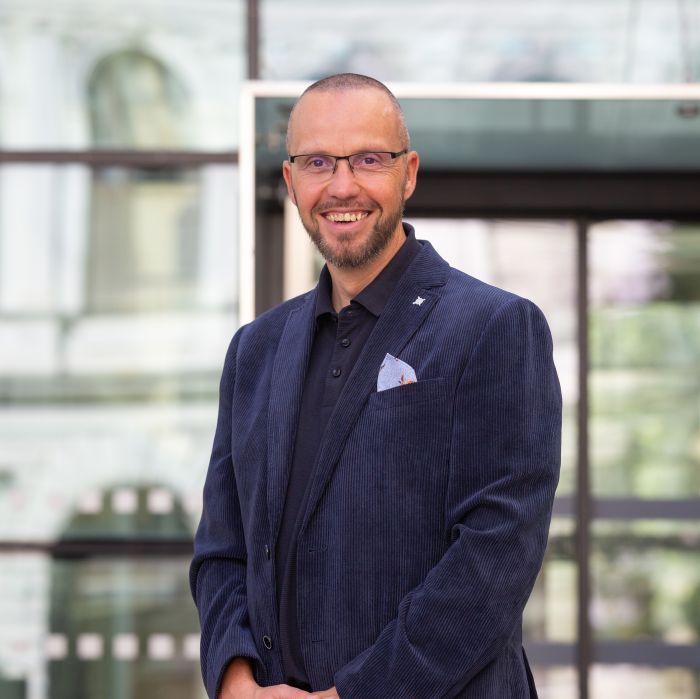
Univ.-Prof. Dr.phil. Lars Eichen
+43 316 380 - 8040
Institut für Bildungsforschung und PädagogInnenbildung
Mi. 10:00 - 12:00 Uhr
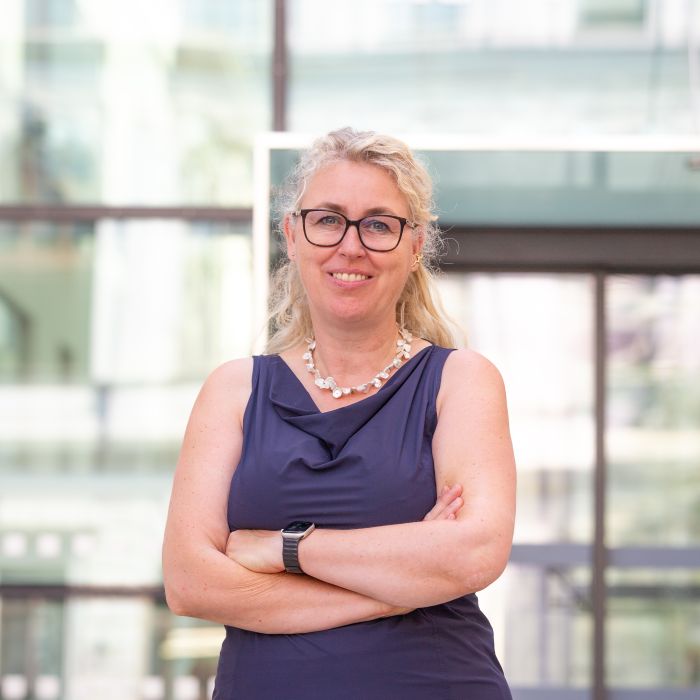
Univ.-Prof. Dr.phil.habil. Catherine Walter-Laager
+43 316 380 - 8037
Büro der Vizerektorin für Studium und Lehre
https://studiendirektor.uni-graz.at/de/studiendirektorin/
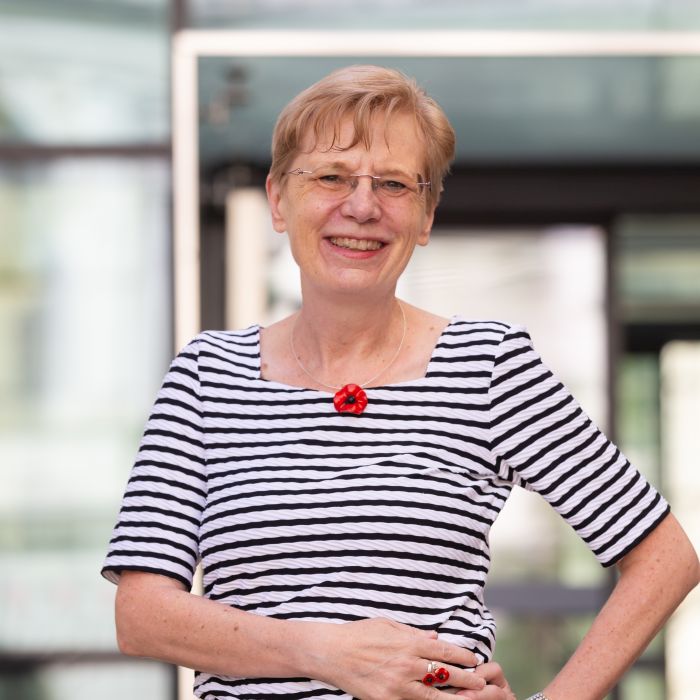
Univ.-Prof. Dr.phil. Dipl.-Psych. Manuela Paechter
